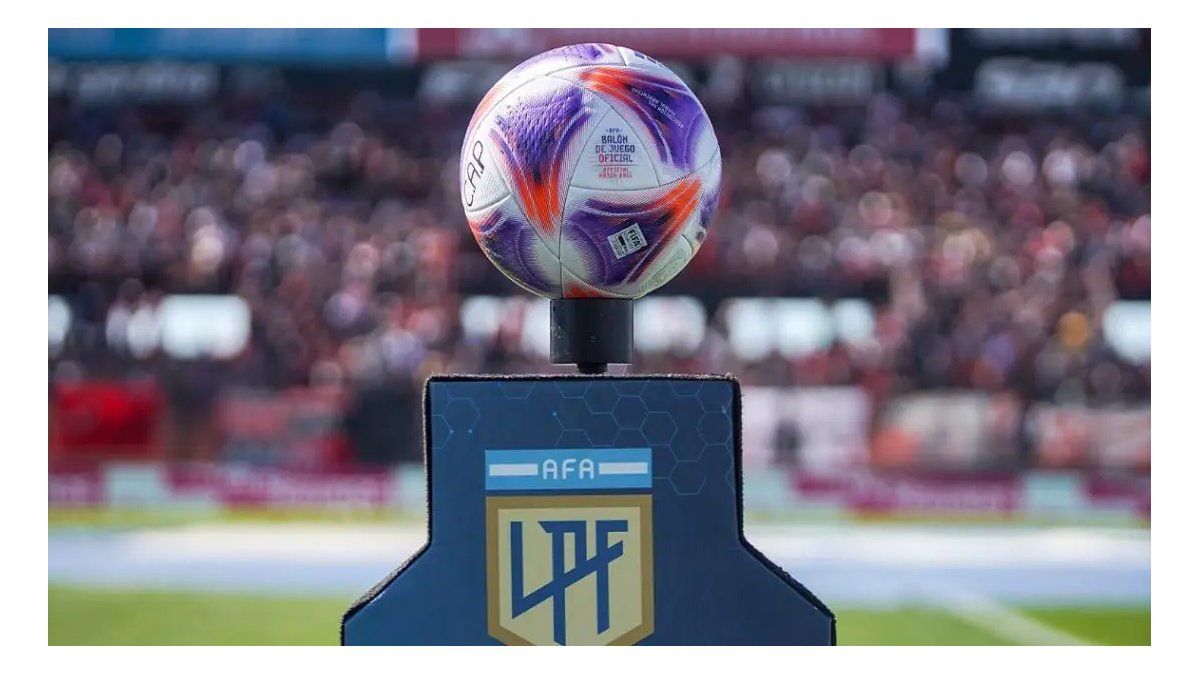The romantic comedies “Keinohrhasen” and “Zweiohrküken” attracted millions of visitors to the cinema in 2008 and 2010 and brought Til Schweiger high profits. The screenwriter wants to be a part of this more than before.
In the legal dispute that has been ongoing since 2018 about a screenwriter’s higher share of the total income from Til Schweiger’s hit films “Keinohrhasen” and “Zweiohrküken”, a decision is to be announced in three weeks. The Berlin district court postponed the date planned for August 30th to September 20th.
The author Anika Decker is demanding more money from the proceeds of the two films before the regional court. The background to their lawsuit is the “fairness clause” in copyright law. It provides for an additional payment if there is a striking disproportion between the originally agreed fee and the income later achieved. “Keinohrhasen” was the most successful German film in cinemas in 2008. “Zweiohrchicken” also later attracted millions of visitors.
It is also about later exploitation yields
Neither Decker’s lawyer nor Schweiger’s production company responded to inquiries from dpa for comments on the upcoming date. First of all, Decker successfully sued the production company and rights holder Barefoot Films as well as the media group Warner Bros. for information about the income from the films. This involved both cinema revenues and exploitation income, for example from DVD, television and streaming services.
The district court agreed with Decker in 2020 on the grounds that due to the above-average success of both films, there were indications of a possible claim by the author for further participation. It can remain open whether she is the sole author of the screenplays or just a co-author.
The second step was a lawsuit for a share of the unusually high income. According to media reports, a court hearing in July discussed whether the screenplays were written primarily by Decker or by her together with Schweiger. It was also about her earlier payment for the two screenplays and an additional payment. However, there was also a deadline after which information on winnings must be requested within three years, otherwise the statute of limitations will apply.
Decker may therefore only be entitled to a share of the profits from later exploitations on the internet from 2015 and not from the original theatrical revenues. According to a report in the Süddeutsche Zeitung, in July the court named four percent of that revenue to which Decker could be entitled. Accordingly, a specific sum in the lower six-digit range (180,000 euros) was also mentioned, which would then be involved. That would mean that since 2015, three years before the lawsuit was filed, several million euros have been made with the films that are no longer up to date.
Source: Stern
I am an author and journalist who has worked in the entertainment industry for over a decade. I currently work as a news editor at a major news website, and my focus is on covering the latest trends in entertainment. I also write occasional pieces for other outlets, and have authored two books about the entertainment industry.




